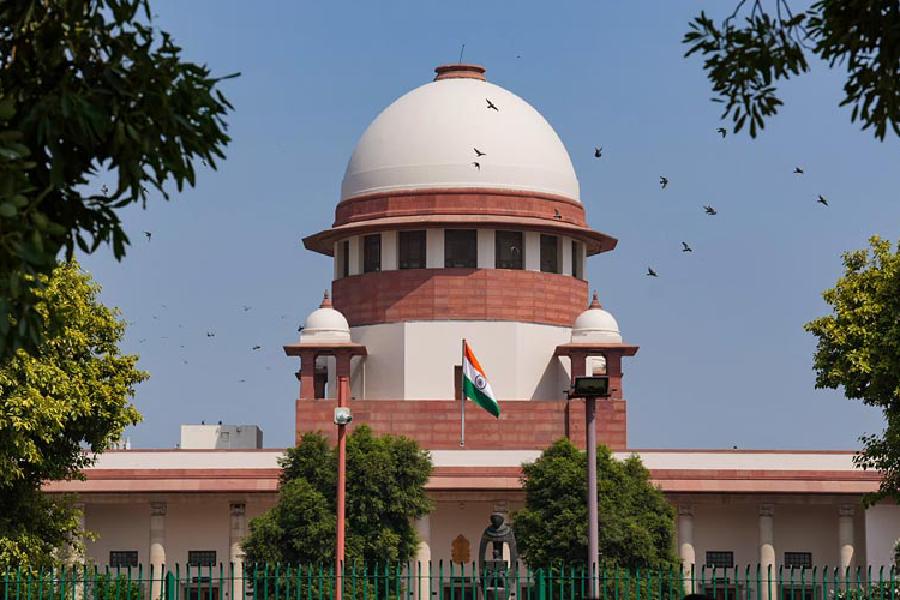A five-judge constitution bench of the Supreme Court that began hearing petitions challenging the abrogation of Article 370 in Jammu and Kashmir on Wednesday was told that Parliament had no authority to take such a decision as it was only the Constituent Assembly of the then undivided state that could take the call.
A bench headed by Chief Justice of India D.Y. Chandrachud, however, asked senior advocate Kapil Sibal, who initiated the arguments, why it cannot be done since the Constituent Assembly of Jammu and Kashmir had been dissolved as far back as 1957 and the President, therefore, had untrammelled powers to take decisions on the erstwhile state within the ambit of Article 370(3).
According to Article 370(3), the President may, by public notification, declare that the article shall cease to be operative or shall be operative only with exceptions and modifications and from such date as he or she may specify, provided there is the concurrence of the Constituent Assembly.
The court on Wednesday formally commenced the hearing of a batch of PILs challenging the constitutional validity of the Centre’s decision to dilute Article 370. President’s rule had been imposed on Jammu and Kashmir on December 20, 2018, and subsequently extended on July 3, 2019.
President’s rule was preceded by two orders passed by the Centre on August 5, 2019, through the President in exercise of his power under Article 370, scrapping the special provisions granted to Jammu and Kashmir.
Assailing the decision, Sibal, appearing for some of the PIL petitioners, said: “Not only boundaries were changed, they converted it into Union Territories. Never in the history of this country has a state been made into a Union Territory.”
Sibal argued: “A political act cannot be exercised by Parliament. They had no authority to do this when the Constitution has come into force. Here you have moved away from representative democracy and you have been put under executive control. There has to be a constitutional basis to all this. But here Parliament took upon the constitutional responsibility saying ‘we are the legislature, we are the Constituent Assembly and we will exercise the will of the J&K people and now we will abrogate Article 370’. Can Parliament do it?... Formation of the Constituent Assembly is a political exercise. You cannot jettison the people of J&K and decide.”
The bench, which included Justices Sanjay Kishan Kaul, Sanjiv Khanna, B.R. Gavai
and Surya Kant, observed that the Constituent Assembly was not a permanent body and it had a specific purpose.
The Constituent Assembly ceases to function after the purpose is served, the court pointed out.
Justice Chandrachud said the concurrence and consultation process enunciated in the Constitution was confined to matters that were listed in the Union List and Concurrent List. “But presidential power is untrammelled to define which subjects are applicable to Jammu and Kashmir,” the CJI observed
Sibal said the aspirations and desires of people needed to be respected. Justice Kaul asked: “Are you saying that even if an elected Assembly wants to abrogate Article 370, then also it is not possible?” Sibal responded with an emphatic “No, not possible”.











